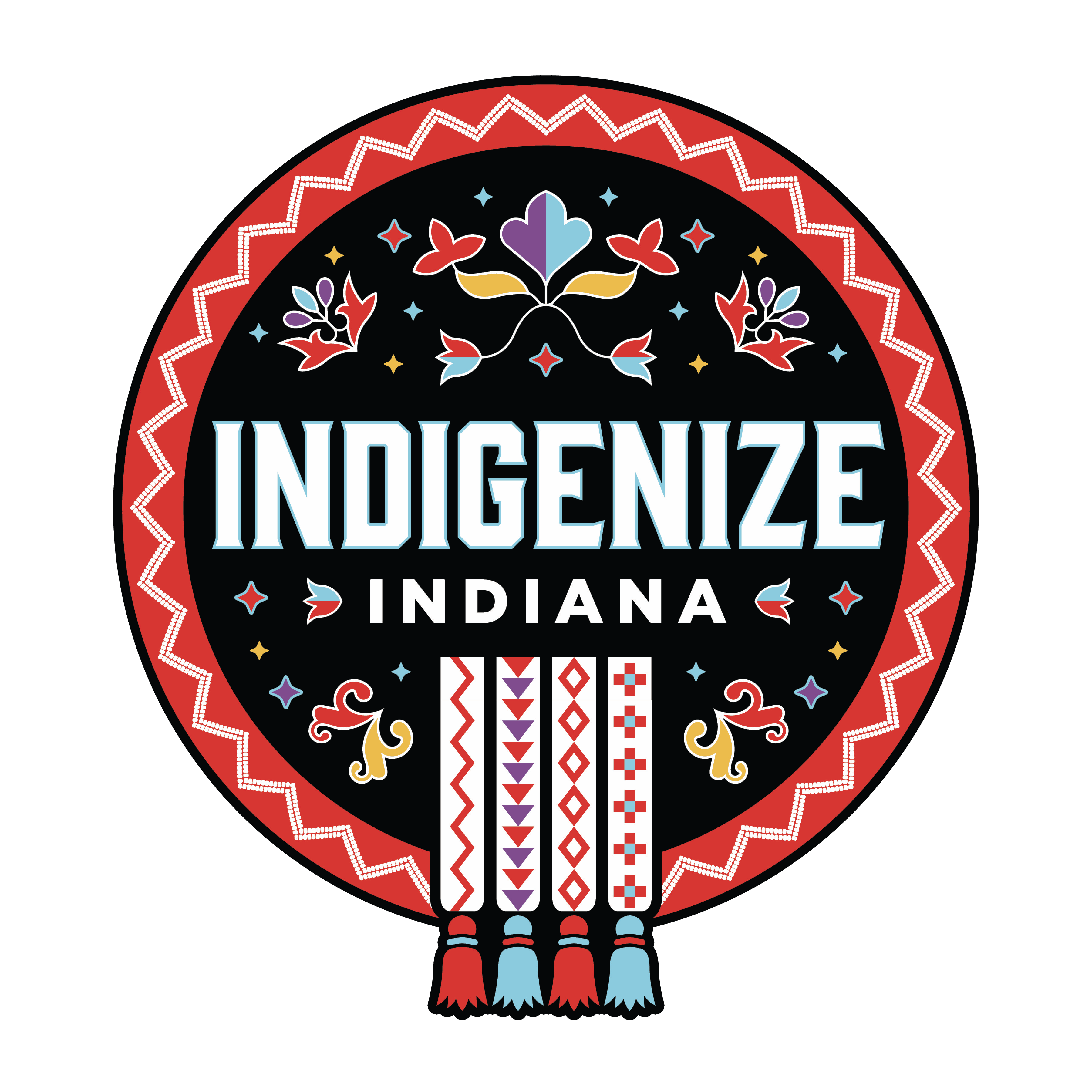The Institute for Indigenous Knowledge (IIK, “eye-eye-kay”) at Indiana University is an international, interdisciplinary research and education center that promotes Indigenous peoples' knowledge through community-driven projects.
Within IIK is the Center for the Documentation and Revitalization of Indigenous Languages (CDRIL,“see-drill”). CDRIL collaborates with Indigenous partners to systematically record Indigenous languages and sustain and revitalize them within the culture groups to which they belong.



